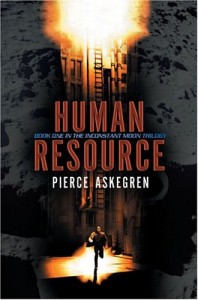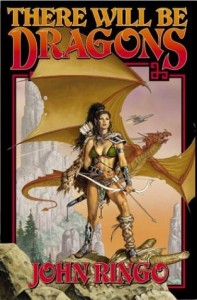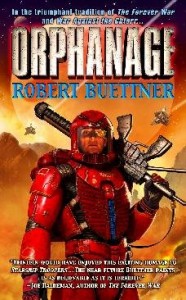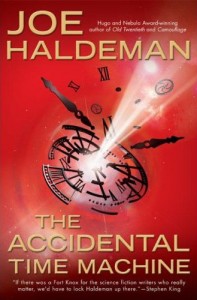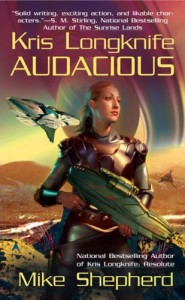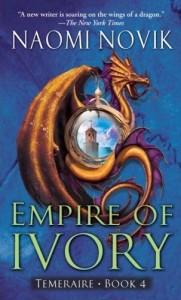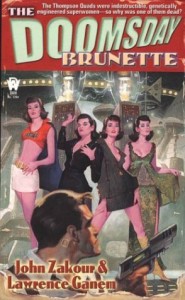 For lonejack mage/professional thief (aka Retriever) Wren Valere, and her partner Sergei, there’s no such thing as a normal day. Even when Wren’s not hot on the trail of missing artifacts, precious jewels, rare paintings, or unusual treasures, she’s dealing with all manner of strange people. Heck, on a mostly-normal day, a demon very much resembling a four-foot tall polar bear wanders into her apartment and ransacks the refrigerator!
For lonejack mage/professional thief (aka Retriever) Wren Valere, and her partner Sergei, there’s no such thing as a normal day. Even when Wren’s not hot on the trail of missing artifacts, precious jewels, rare paintings, or unusual treasures, she’s dealing with all manner of strange people. Heck, on a mostly-normal day, a demon very much resembling a four-foot tall polar bear wanders into her apartment and ransacks the refrigerator!
Mind you, the past few months have been more complicated than usual. Hostile forces stalk the non-human fatae (mythical creatures) of the city. Lonejack mages have been disappearing without a trace. The mage Council is organizing in new and suspicious ways, and may be behind the troubles the lonejacks and fatae face. And in the midst of it all is Wren, tied to all three communities by friendship, loyalty, or circumstance. The more she tries to stay under the radar, the more she ends up in the spotlight, complicating her career as a thief and her newly-blossomed relationship with Sergei. As Wren tries to decide whether she’s ready to give up more of her independence, and whether she wants to be any sort of leader figure to the fatae and lonejacks, she distracts herself by taking on a case to “retrieve” a simple family heirloom for a desperate client… an heirloom with dangerous secrets. Pretty soon, things hit the fan as Wren learns all too well why the primary lonejack rule is “Don’t Get Involved.” One thing’s for certain: things have changed in New York, and not entirely for the better.
The third book in the Retrievers series by Laura Anne Gilman, Bring It On continues to raise the stakes for Wren and Sergei, keeping the action, the mystery, and yes, even the romance moving along at a steady pace. When this series first came out, I was worried that being part of Harlequin’s Luna line, it would be subject to the usual romance dictates, in which the hero and heroine end up in bed by chapter four, and in wuv, twue wuv, by the end of the book. Gilman, however, has, quite wisely, kept the romantic subplots on the backburner for the most part, allowing the story to focus more upon the supernatural adventure/mystery that really drives the plot. This has given Wren and Sergei’s relationship a much more organic, relaxed feel, which helps to feed the pace of the series’ overarching plotlines. In short, I see a long and happy life for the Retrievers series, based on the slow, steady progress of the protagonists’ love life.
Of course, Bring It On’s true strength is that it’s a ripping good urban fantasy, fast-paced and filled with an exciting blend of mystery and magic. There’s plenty going on, both in the foreground and in the background, as Gilman continues to explore a world where magic runs like electricity (and electricity can be tapped as magic), and where demons and other non-human breeds walk the streets in plain sight (and yet normal people just don’t notice them). Gilman has fast established her credentials as an urban fantasy writer of talent, and will appeal to fans of Jim Butcher, Kim Harrison, Charlaine Harris, Sherrilyn Kenyon, and that ilk. As I’ve said before, this is a paranormal romance for those who normally avoid romance, and the entire series is worth checking out.
Originally posted on SF Site, 2006

